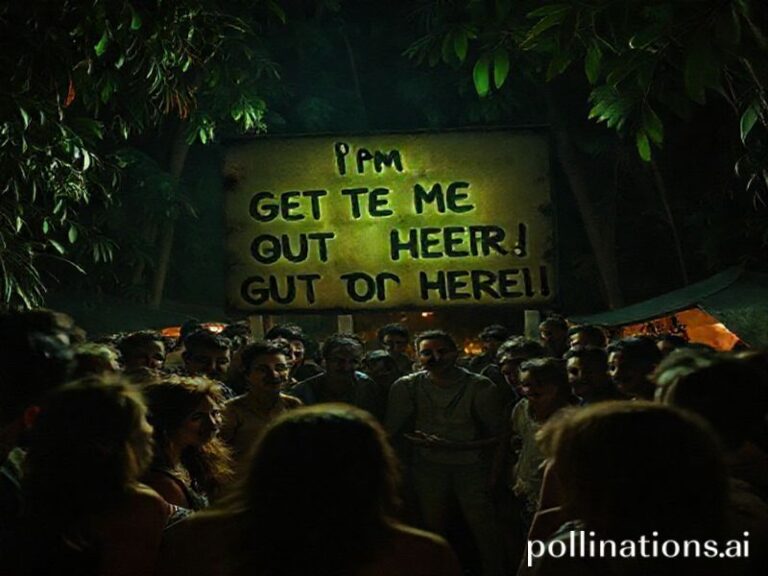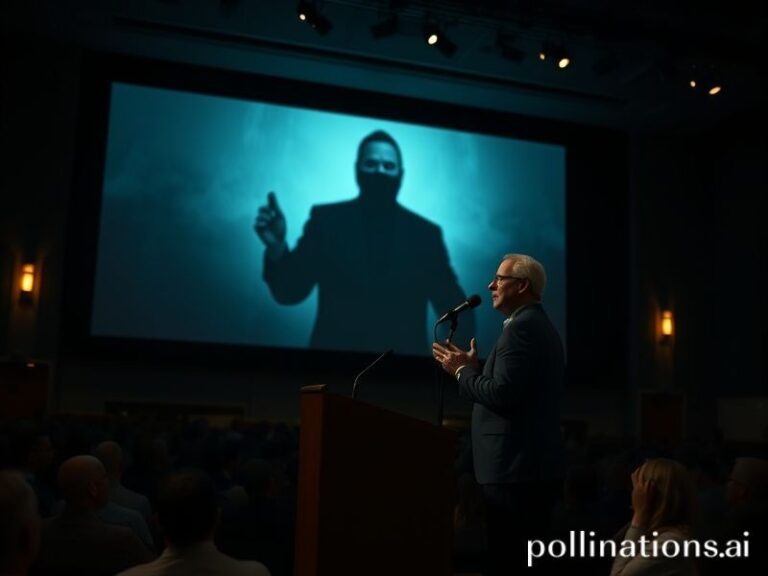The Filibuster: When Politics Gets Its Own Marathon (And No One’s Running for Fun)
# The Filibuster: When Politics Gets Its Own Marathon (And No One’s Running for Fun)
Alright, folks, grab your popcorn and your favorite meme-worthy beverage because we’re diving into the world of political drama that’s got everyone from Capitol Hill to your Twitter timeline talking: the filibuster. You might be thinking, “Isn’t that just a fancy word for a really long speech?” Well, yes, but it’s also a lot more than that. Let’s break it down, shall we?
## What Is a Filibuster, Anyway?
Imagine you’re in a heated debate with your friends about the best pizza topping (clearly, pineapple is a crime against humanity, but that’s a debate for another day). Now, imagine one of your friends decides to talk for hours on end, just to prevent anyone from agreeing on pepperoni. That, in a nutshell, is a filibuster. It’s a tactic used in legislatures to delay or prevent a decision by talking at length, thereby obstructing the progress of a bill.
In the U.S. Senate, the filibuster has become a staple of political maneuvering. Historically, it’s been used to block everything from civil rights legislation to healthcare reforms. The idea is simple: if you can talk long enough, you can stop a bill from passing.
## Why Is It Trending Globally?
So, why is this arcane parliamentary procedure making headlines worldwide? Well, it’s not just about the drama (though, let’s be honest, the drama is part of the appeal). The filibuster has become a symbol of political gridlock and obstructionism, and it’s a topic that resonates far beyond the halls of Congress.
### Cultural Context: The Drama of Democracy
In an era where political discourse often feels like a never-ending episode of “The Real Housewives of Washington,” the filibuster adds a layer of intrigue that even the most seasoned political junkie can’t ignore. It’s the ultimate power move, a way for a minority to wield disproportionate influence.
But here’s the thing: the filibuster isn’t just a tool for obstruction. It’s also a safeguard against the tyranny of the majority. In theory, it ensures that minority voices are heard and that hasty decisions aren’t made without thorough debate. Of course, in practice, it’s often used to block legislation that a minority opposes, regardless of its merits.
### Social Impact: The Good, the Bad, and the Ugly
The filibuster’s impact on society is a mixed bag. On the one hand, it can be a powerful tool for protecting minority rights. On the other hand, it can be used to block progress on critical issues, from voting rights to climate change.
Take, for example, the recent debate over the Freedom to Vote Act. Despite widespread support for voting rights protections, the filibuster has been used to block the bill from even coming to a vote. This has sparked outrage and frustration among activists and advocates who see the filibuster as an obstacle to meaningful change.
### What Makes This Topic Significant?
The filibuster is significant because it’s a microcosm of the broader challenges facing democracies around the world. It highlights the tension between majority rule and minority rights, between progress and obstruction, between the will of the people and the power of the few.
In an age where political polarization is at an all-time high, the filibuster has become a lightning rod for debate. It’s a symbol of the dysfunction that plagues modern politics, and it’s a topic that resonates with people who are tired of seeing progress stymied by procedural hurdles.
## The Bottom Line
So, what’s the takeaway? The filibuster is a complex and controversial tool that has played a significant role in shaping the political landscape. It’s a symbol of both the strengths and the weaknesses of democratic governance, and it’s a topic that’s sure to continue making waves in the years to come.
Whether you love it or hate it, one thing is clear: the filibuster is here to stay. And as long as it is, we can expect the drama, the debate, and the memes to keep on coming. So, grab your popcorn, folks. The show’s not over yet.







